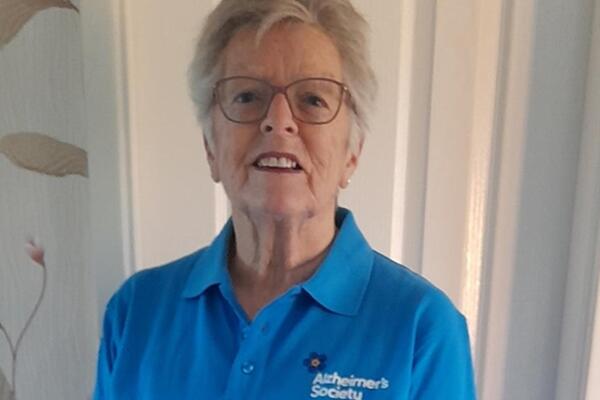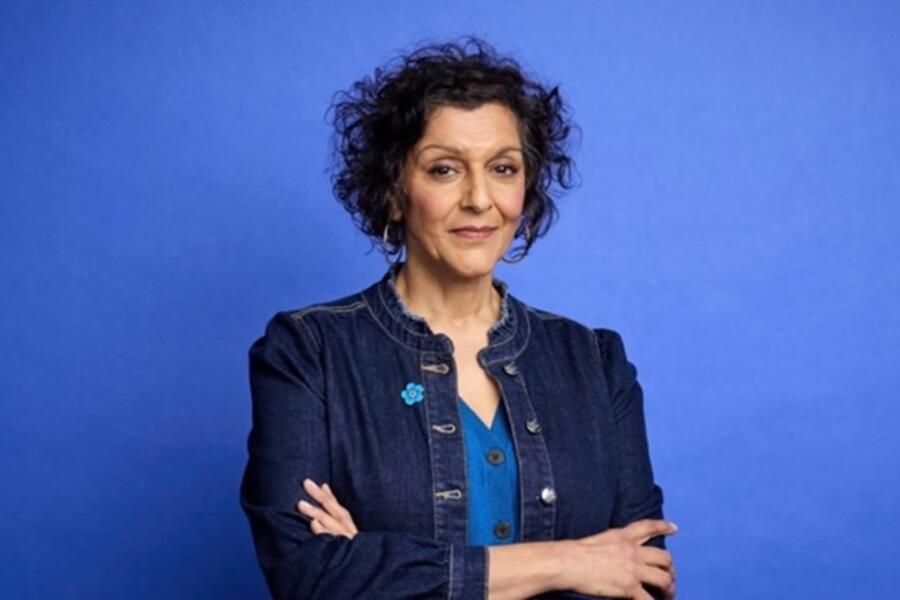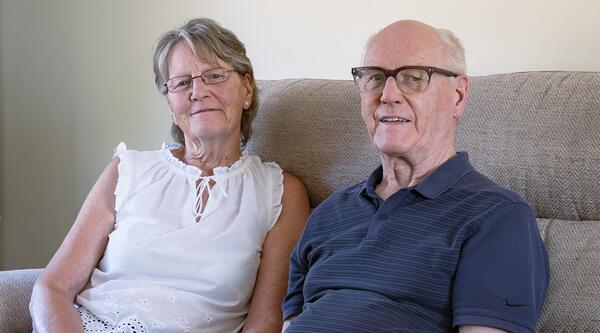Ways you can support children and young people when a person has dementia
Children and young people need reassurance when somebody has a diagnosis of dementia. They want to know that you are there for them and that you are all in this situation together.
Explaining dementia to children and young people
- Explaining dementia to children and young people
- How to involve children and young people
- How children and young people respond when a person has dementia
- You are here: Ways you can support children and young people when a person has dementia
Facing dementia as a family
Children and young people will need plenty of reassurance and emotional support. This will be both now, and as the person’s condition progresses.
It is important to let them know that you are there for them and that you are all in this situation together. This will help them feel that you understand the difficulties they face. They need to know that they are still loved even when the adults around them are sad and stressed at times.
The following can help to support a child or young person with dementia to adjust to changes:
- Let the child know that how they are feeling is normal. Say that they can talk to you, or others, about their feelings whenever they want. Reassure them that they will never be judged. There may also be a particular family member or friend that they are close to.
- Help them learn more about dementia. Websites aimed at children, such as Dementia in My Family, can help. Suggest that they could explain their relative’s changes to their friends. This could be by sharing information or online videos. This will help their friends to understand too.
- Try to help the child express themselves in a way that works best for them. They might find it easier to explain how they are feeling by getting involved in arts therapies. This could include creative writing, painting, music or drama.
- Take photographs of the child or young person together with the person with dementia. In difficult situations, these can help remind you all of the better times.
Support networks
Think about whether to inform the child’s pastoral care team at school, college or university about the person with dementia in the family. Letting them know about the situation will mean they will then understand any relevant difficulties the child may be having.
The team should also keep you informed of any changes they have noticed. They may be able to arrange counselling or other support.
It is important to talk to the child about this before speaking to anyone involved in their education. Include them as much as they would like.
Children at school and young people at university may be able to get extra support or adjustments around exams. They would need to explain their caring responsibilities or family circumstances. Ask about this, if this applies.
If the young person has a job as well as caring responsibilities for the person with dementia, speak with them about how they manage this. Let them know that they don’t have to tell their employer about their caring role, but it might help them if they do. Their employer may be able to give them some support.
Support services
A wide range of other organisations and services provide support that may be appropriate for the child or young person.
This will depend on what is right for them, but suggestions include:
- Talking therapies may help as the child or young person can talk about their feelings with a professional. This can be a counsellor or therapist. The GP is a good starting point for this, or you could look for a private counsellor. A teacher or professional who provides pastoral support may be able to help in finding a counsellor.
- If the child has a religious faith, consider how this may provide comfort and reassurance. Music, prayers and in-person or online services could be helpful. Some places of worship run support groups for family members of people with dementia.
- If you or the child or young person would like more support and information, you can call Alzheimer’s Society’s Dementia Support Line or you can visit our online community, see below.






